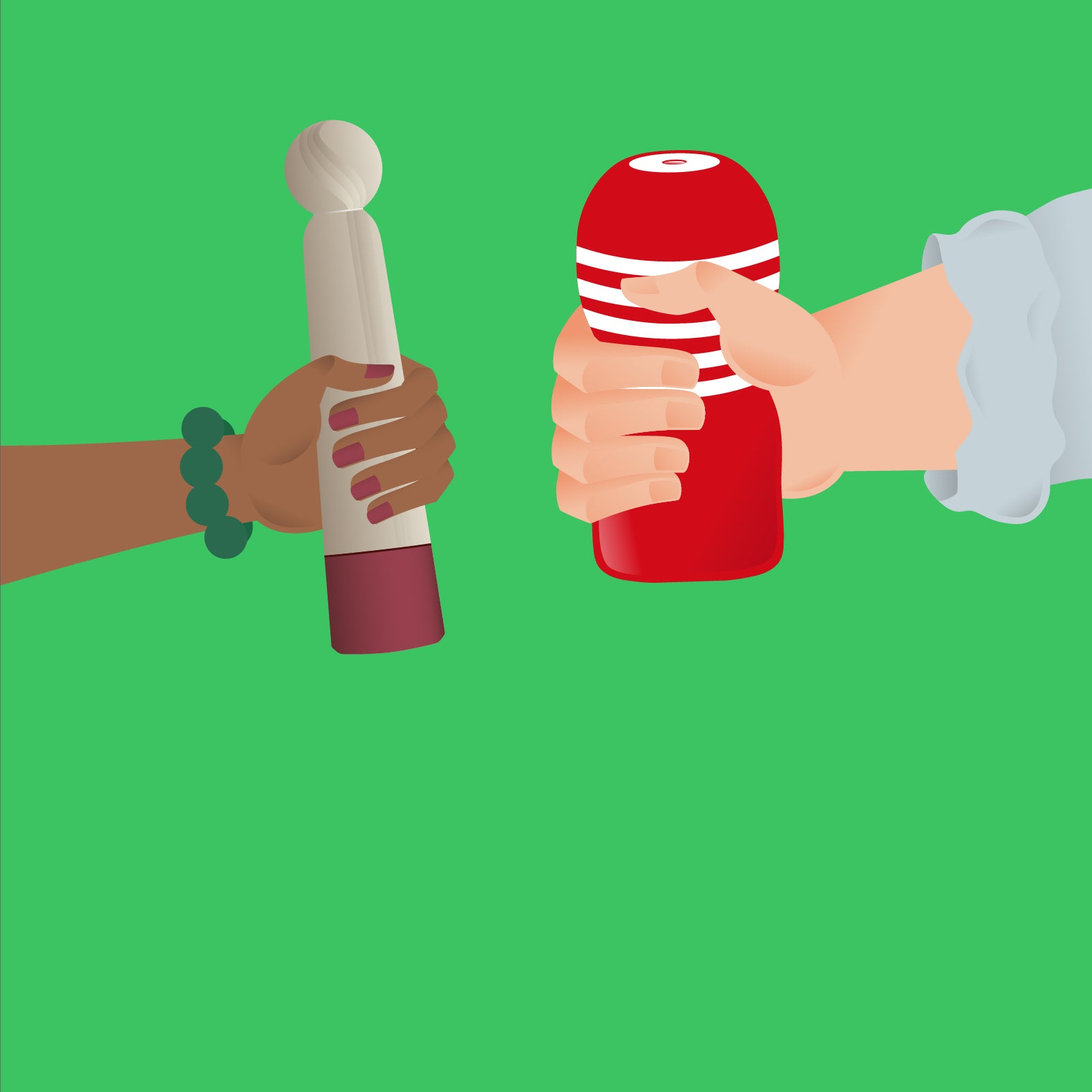
Why Is My Sex Drive Low?
Sex drive, or libido, varies greatly from person to person. If you find yourself asking, "Why is my sex drive low?" you're not alone. This TENGA blog explores common factors that might be influencing your libido and offers some guidance.

Contents
Known Causes

Hormonal Changes
Hormones play a crucial role in regulating sexual desire. For women, fluctuations in estrogen levels during the menstrual cycle, pregnancy, or menopause can lead to a decrease in libido. For men, low testosterone levels might be the culprit. All genders can be affected by thyroid issues or other hormonal imbalances.
Medical Conditions
Various medical conditions can suppress libido. These include diabetes, high blood pressure, coronary artery disease, neurological diseases, and chronic illnesses such as kidney failure or liver failure. Medications used to treat these conditions, such as antidepressants, antihypertensives, and anti-seizure drugs, can also reduce sexual desire.
Mental Health Issues
Mental health significantly impacts libido. Depression, anxiety, stress, and low self-esteem can all contribute to a decreased sex drive. The psychological burden of managing mental health issues can be exhausting, leaving little energy for sexual activity.
Lifestyle Factors
Lifestyle choices can also play a part in diminishing sex drive. Lack of exercise, poor diet, alcohol abuse, drug use, or even insufficient sleep can all contribute to a lower libido. Moreover, the stress of daily life and work responsibilities can take a toll on your sexual desire.
Relationship Issues
Sexual desire can also be affected by the health of your relationship. Emotional closeness and personal intimacy are vital components of a healthy sex life. Issues such as unresolved conflicts, poor communication, lack of connection, or trust issues can lead to reduced interest in sex.
Age-Related Changes
As people age, reductions in libido are common. This can be due to hormonal changes, medical conditions, psychological adjustments, or changes in physical health that affect stamina and self-image.
Is There a Solution?

Hormonal Changes
If hormonal changes are affecting your libido, a visit to your healthcare provider can be beneficial. They can offer hormonal tests and might suggest hormone replacement therapy or adjustments in your current medication to help balance your hormones and restore your sex drive.
Medical Conditions
Managing underlying medical conditions can improve your libido. Speak with your healthcare provider about the possibility of adjusting your medication if it's impacting your sex drive. Additionally, they may provide treatments that directly address the medical issues affecting your sexual health.
Mental Health Issues
Addressing mental health is key to restoring libido. This might include therapy, counseling, or medication to manage depression or anxiety. Stress management techniques like mindfulness, yoga, and regular exercise can also help enhance your mental well-being and, by extension, your sex drive.
Lifestyle Factors
Making positive lifestyle changes can boost your libido. This includes adopting a balanced diet, regular physical activity, reducing alcohol intake, quitting smoking, and ensuring adequate sleep. These changes can improve your overall health and increase your sexual energy.
Relationship Issues
Open communication with your partner about your feelings and sexual desires can strengthen your relationship and improve your sex life. Couples' therapy might be beneficial if deeper issues are affecting your connection. Spending quality time together and establishing a more intimate emotional connection can also help.
Age-Related Changes
For age-related declines in libido, lifestyle adjustments, and possibly medical interventions like hormone therapy can be helpful. It's also important to maintain physical fitness and engage in sexual activities that accommodate physical comfort and preferences as one ages.
Summary

A low sex drive can stem from a variety of sources, whether physiological, psychological, or social. It's important to consider these factors in context and reflect on how they might be interacting in your life. If your low libido concerns you, consider speaking with a healthcare provider. They can help identify any underlying issues and recommend appropriate treatment or interventions to help reclaim your sex life.
Remember, it's completely normal for libido to fluctuate over time, and recognizing the factors affecting your sex drive is the first step toward addressing them.
If you are experiencing the opposite problem, we have written about why your sex drive might be so high.





